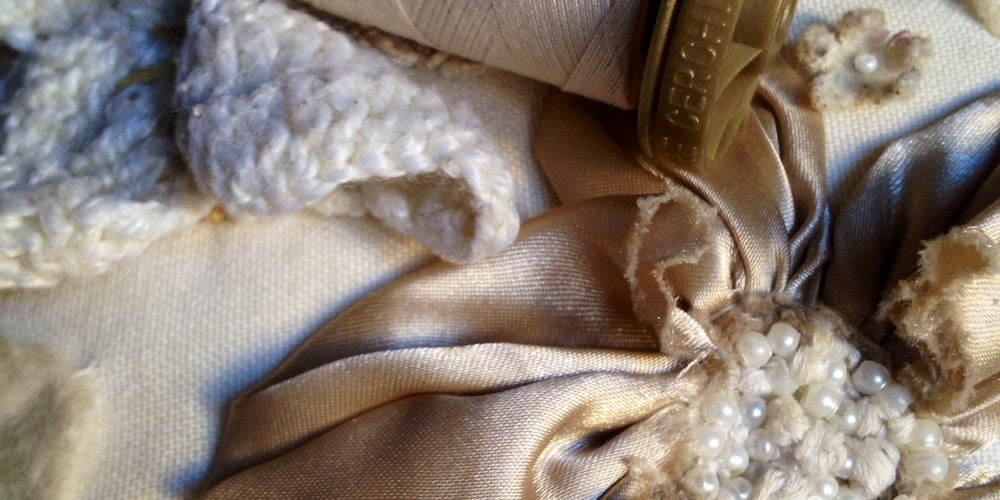Rebar is one of the most essential materials in the building. You almost certainly will use rebar in some capacity, regardless of the type of project you're working on. You may choose the best type of rebar for your next project by reading this post's discussion of the many types and applications of rebar in building projects. We hope that after reading this post, you are more comfortable selecting the appropriate kind of rebar for your upcoming project.
Plain Round Bars
Plain round bars can be used for reinforcing concrete, but they're not as common as spiral and structural shapes. To reinforce concrete, plain round bars are made from steel and the diameter of the bar is based on the thickness of a given piece of concrete. Check out the rebar for sale! The rebar is placed after pouring some or all of your concrete mixture, depending on how much reinforcement you need. If you want more information about how to place this type of rebar in your structure, talk with an experienced contractor or ask around at your local hardware store for advice about how to use it properly.
Deformed Rebar
For concrete buildings that need a high level of strength, deformed rebar is employed. It is created by rolling a steel bar over a mandrel while it is cold formed, giving it a slightly different shape from standard round bars. Deformed rebar can be used to strengthen connections between other pieces of rebar in concrete constructions since it is stronger than plain round bars due to its "deformed" shape and lower diameter.
Epoxy-Coated Rebar
Epoxy-coated rebar is a commonly used type of rebar in the construction industry. As you might have guessed, this type of rebar has been coated with epoxy to prevent oxidation and corrosion. The coating on epoxy-coated rebar can be used as a sealant, which means that it keeps moisture away from the metal inside. This helps prevent rusting and other forms of corrosion that could make your project less structurally sound over time.
All in all, epoxy-coated rebar is an excellent choice for any concrete project because it’s easy to work with and protects against corrosion, oxidation, rusting or other forms of metal degradation due to weather conditions or other environmental factors.
Galvanized Rebar
Galvanized rebar is a type of steel that has been coated with zinc to prevent rusting. The coating can be applied in different thicknesses, depending on the project you are working on. The more layers of zinc, the longer the bar will last. This type of rebar is often used for outdoor projects because it resists corrosion from weather elements like rain and snow better than standard steel does.
Black Rebar
Black rebar is used in concrete that will be exposed to high temperatures. It is made of carbon steel and has a black coating to protect it from corrosion. This type of bar is not as strong as plain round bars, but it does have the same strength when compared to stainless steel bars and hot-dipped galvanized rebar.
Black rebar can be used in many different applications, including:
- Exterior walls
- Cladded walls
- Decorative panels (such as brick or stone)
Fabricated Rebar
Fabricated rebar is made from standard round bars, but is welded together to form a shape that is more complex. This type of rebar can be used for a variety of applications including columns, beams and walls. It is also commonly used as reinforcement in concrete slabs. Fabricated rebar can also be used in place of other types of rebar without requiring any changes to the concrete mix or setting times.
Conclusion
In conclusion, rebar is crucial to any building job. Additionally, it's critical to be aware of the many rebar varieties so you can choose the best one for your job. There are many various kinds of rebar that are available, and each one has advantages and disadvantages, as we've covered in this post. The most widely used forms include deformed bars, which have been bent at regular intervals along their length, and epoxy-coated rebar. Plain round bars, also known as ordinary rebar, are another option (which has been coated with an extra layer of protective material). There are many more possibilities available, though, if you're seeking something completely different.


